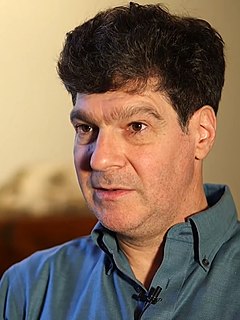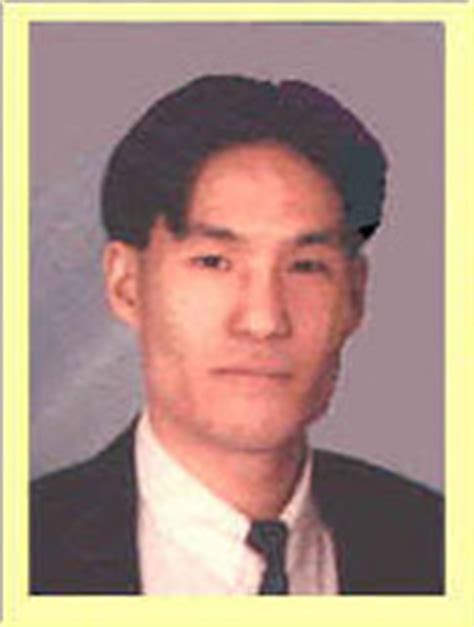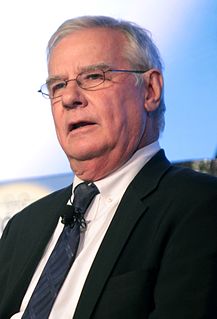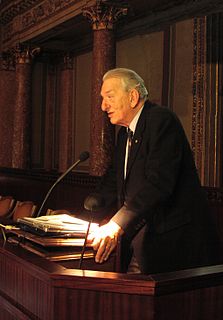A Quote by Wangari Maathai
Monsanto will not come empty-handed. Monsanto will come with a big bag of money. And because these governments are poor, when they are shown money for their research institutions, for their universities, for their professors, they are very quick to say yes, and I can tell you that when Monsanto came to Kenya, they were able to be given permission to do research in one of our research institutions, and yet there was not a single law to control such research.
Related Quotes
There is no reason why a company like Monsanto, for example, that is pushing GMOs, cannot go to Kenya, partner with the university, partner with the research institutions, and try to promote - in a responsible way - advanced techniques to help farmers. But this should be done in such a way that the farmers' livelihoods are not undermined because the government is irresponsible or careless, or because it is compromised.
If you read Wall Street?s reports, they don?t talk of soya bean as originating in China. They don?t talk of soya bean as soya bean. They talk of Monsanto soya. Monsanto soya is protected by a patent. It has a patent number. It is therefore treated as a creation of Monsanto, a product of Monsanto?s intelligence and innovation.
The conference also has a moral duty to examine the corruption of science that can be caused by massive amounts of money. The United States has disbursed tens of billions of dollars to climate scientists who would not have received those funds had their research shown climate change to be beneficial or even modest in its effects. Are these scientists being tempted by money? And are the very, very few climate scientists whose research is supported by industry somehow less virtuous?




































